Delivery Drones: What Makes Them Different?
Drone delivery is a game-changer in logistics. Amazon and Walmart are making use of drones for faster delivery. But what makes delivery drones differe
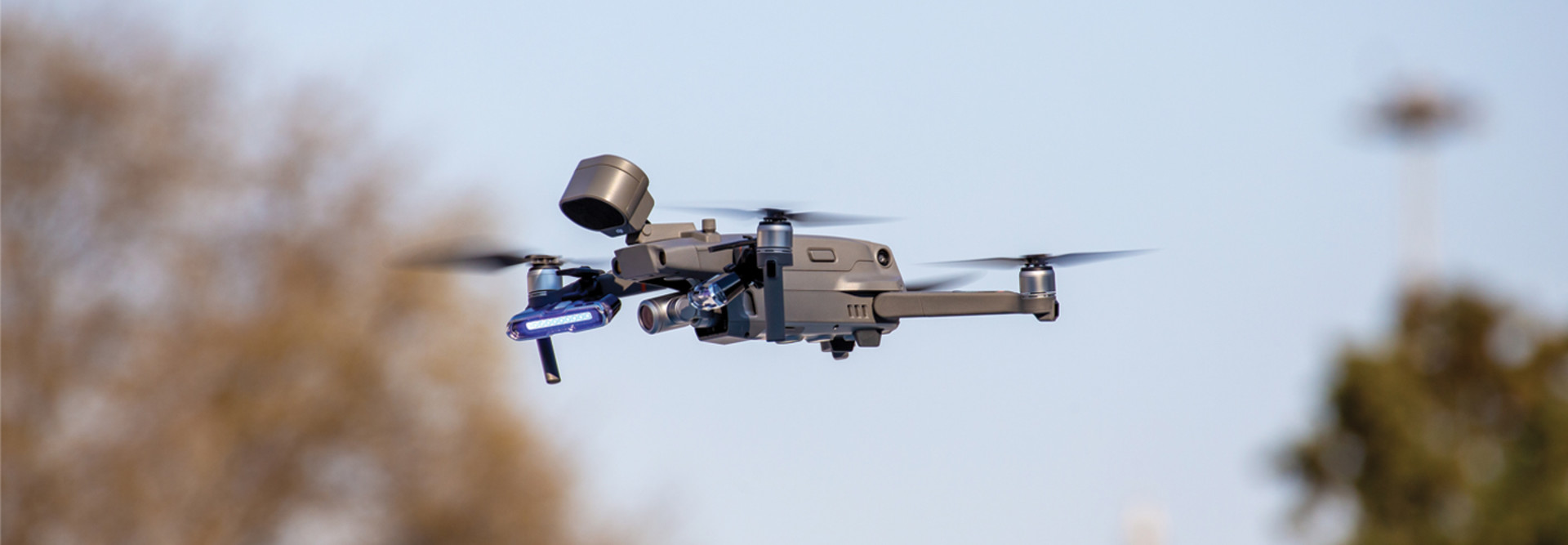
Drones are popular all over the globe because of the fact that they can work remotely. In India, drones are used in inspection, surveillance, disaster management, agriculture, and entertainment. The growth of India's drone industry has created a need for complete regulatory frameworks. With the rising popularity of drones for business, entertainment, and even warfare, the Indian government has established rules and standards to ensure the secure use of this technology.
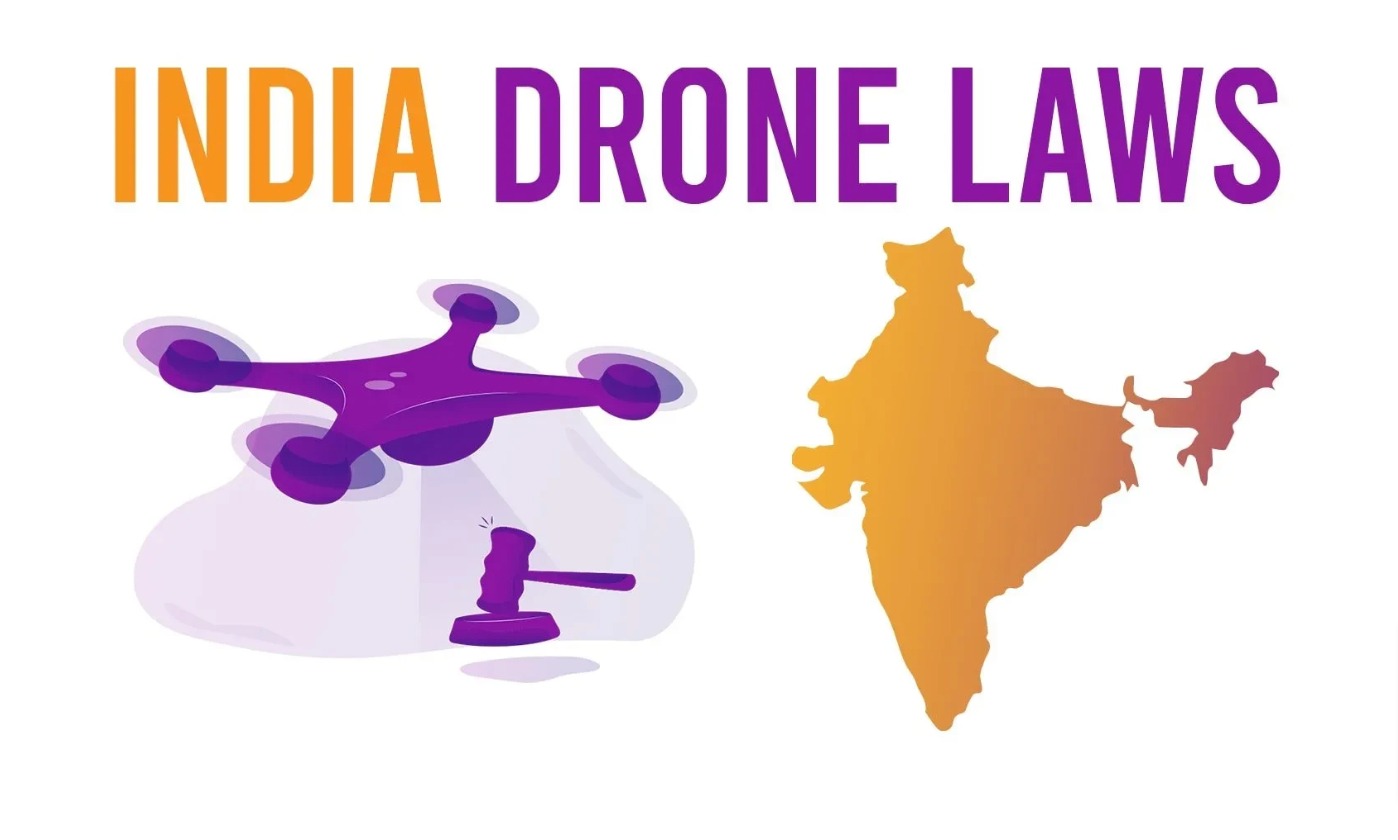
DGCA issued the first set of guidelines for the operation of civil drones in 2014. These preliminary rules focused on requirements for gaining permits, aircraft registration, and operational limitations. In 2018, the government introduced the Civil Aviation Requirements, which offered a detailed regulatory framework instructing the registration of drones, pilot certification, and restrictions on flight zones and altitude. The CAR also distinguished drone categories based on weight, further tailoring the compliance requirements.
A landmark in India’s drone regulation was the beginning of the Digital Sky platform in 2018, serving as a centralized hub for anything that has to do with drones, such as registration, permission to fly them, along with managing traffic on a live basis, they all are done here in this online site.
Building on the preceding regulations, the Indian government presented the Drone Rules, 2021, representing an important shift towards a more user-friendly approach. The new rules simplified the approval process and decreased the number of mandatory documents. Moreover, the rules prolonged the scope of permitted drone operations, including beyond visual line of sight (BVLOS) flights and using drones for delivery and logistics.
Lately, huge changes have been made to drone laws in India as the government passed the Drone (Amendment) Rules, 2022. These rules were presented to improve India's overall regulation of UAS. Let us discover the legal aspects of drones in India and the Drone Rules that must be followed to fly drones in India.
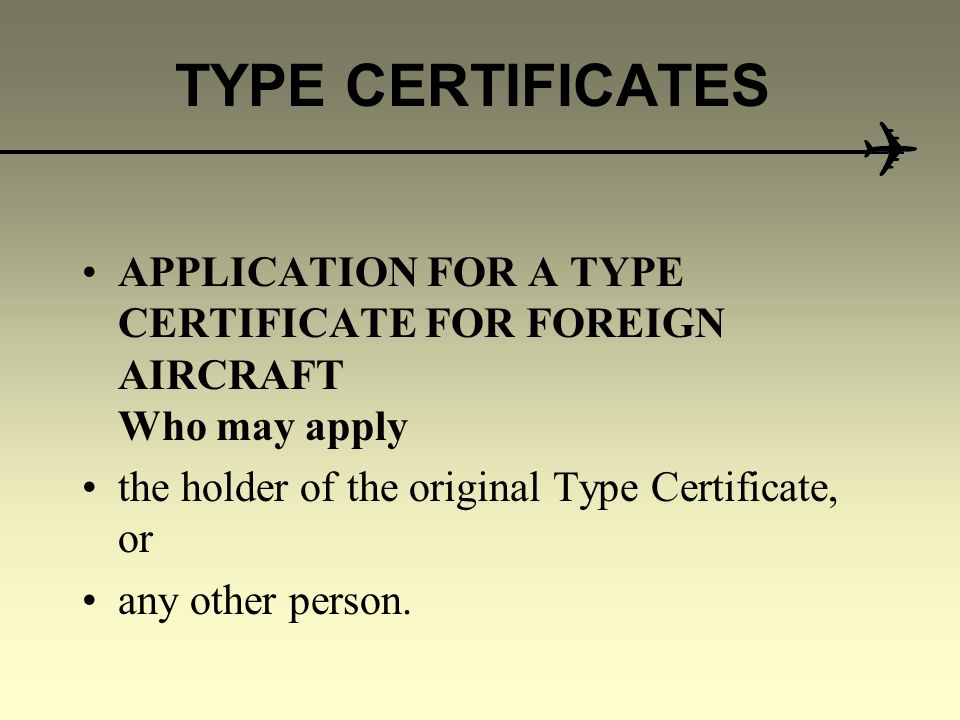
The DGCA issues a type certificate for any drone on the recommendation of the Quality Council of India or an authorized testing entity. To get a type certificate, a person must apply for Form D-1 on the Digital Sky platform, accompanied by a fee stated under the rules. The QCI or an authorized testing entity inspects the proposal and submits the test report and its references to the DGCA within 60 days of receipt of the application. Based on the test report, the DGCA issues a type certificate for the specific drone to the applicant within 15 days of receiving the test reports.
Under Rule 13 of the Drone Rules, 2021, some exemptions from procuring type certificates in some cases are elaborated. It states, "No type certificate shall be essential for manufacturing or importing a drone”. Furthermore, no type certificate is essential to operate a drone.
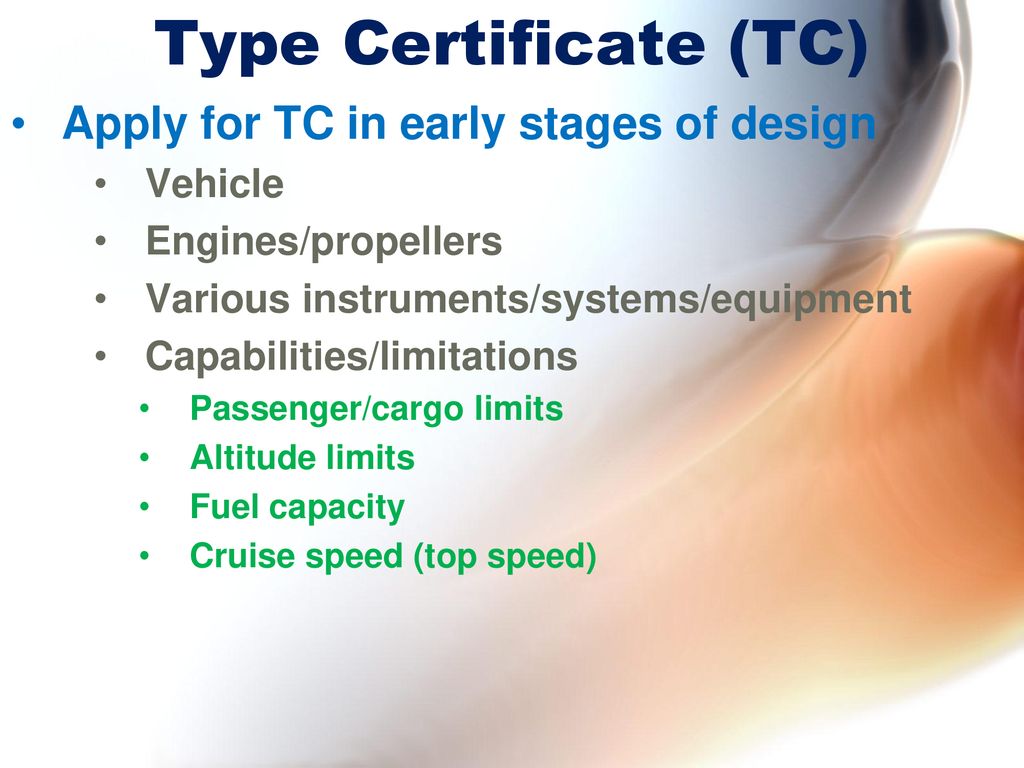
Only an individual holding a valid remote pilot license can operate a drone. After the 2022 amendment in the Drone Rules, "license" is substituted with "certificate."
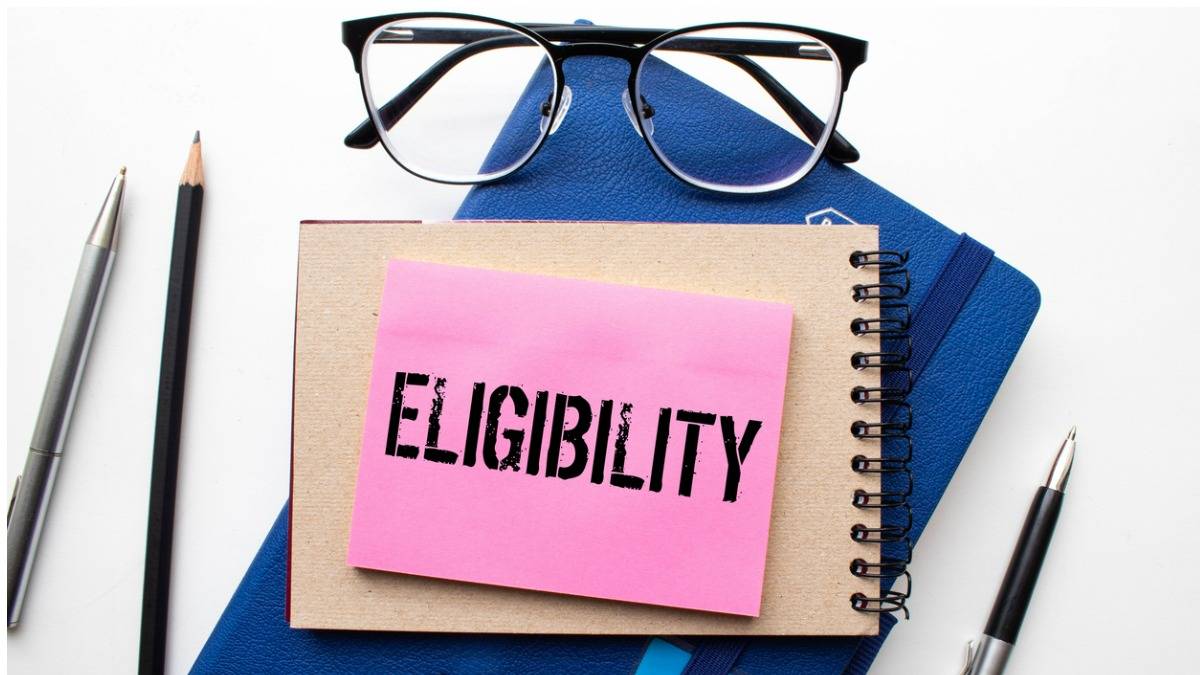
Rule 33 of the Drone Rules, 2021, exemplifies that a person should be entitled to get a remote license certificate.
The RPC is valid only if enlisted on the Digital Sky platform. This certificate is not essential to operate a nano UAS or a micro UAS for non-commercial purposes.
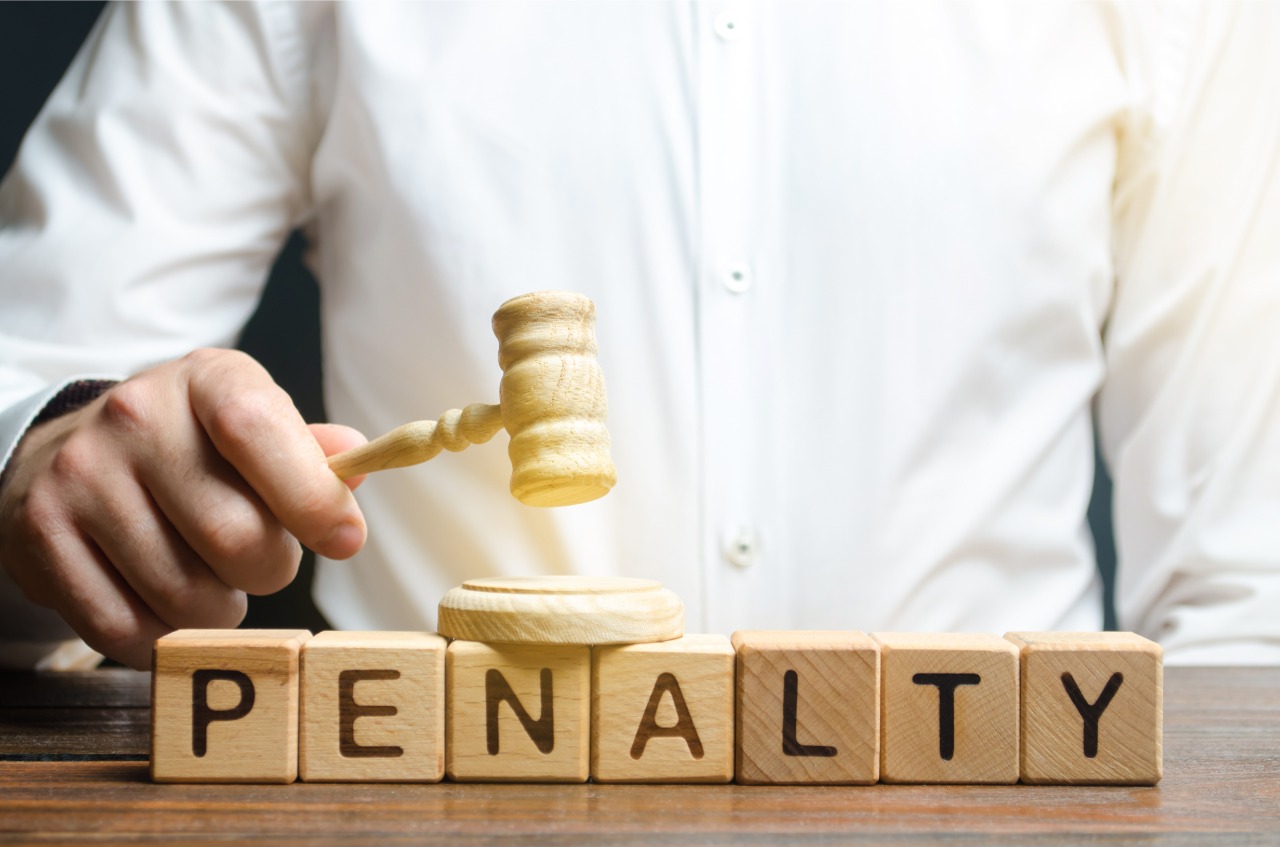
Rule 50 of the Drone Rules, 2021, states that “Where, after giving an opportunity of being heard, the Director General or an officer authorised by the Central Government or Union Territory Administration, is satisfied that an individual has contravened or failed to abide by the provisions of these rules, he may, for reasons to be recorded in writing, levy a penalty not exceeding 1 lakh rupees under the provisions of Section 10-A of the Act (Aircraft Act, 1934).”

Respond Promptly to Complaints
Respond cooperatively if a complaint arises from a private citizen, local authorities, or the DGCA. Keep records of flight paths, permissions, and footage. This certification can help defend your case if you are falsely accused.
Engage with Authorities Calmly
If police or other officials approach a drone pilot, he/ she should be cooperative and polite. The pilot should show the drone registration, permission for the flight area, and pilot ID. Don’t argue aggressively; request clarification. If the drone is seized, one should ask for a written receipt and the reason for seizure. If the seizure is unjustified, there is a right to legal recourse.
Hire a Lawyer if Needed
For serious legal issues, such as airspace law violations, accidents, or privacy complaints, consult a lawyer skilled in aviation or technology law. A lawyer can help file the necessary responses to FIRs and, if necessary, represent a drone pilot in court. The lawyer can also liaise with authorities to resolve the matter amicably.
Maintain Insurance and Liability Coverage
A drone pilot should invest in insurance covering third-party liability and damage. This provides financial protection and reinforces your case in case of a mishap.
If you want to become a drone pilot and earn a living from that, then you need to be aware of all the regulations regarding drone piloting. If you join a drone pilot school, such as Flapone Aviation, you can learn all the necessary aspects of operating a drone legally.
We have experienced drone instructors and all the latest facilities for both male and female aspirants. The price you pay for training is literally nothing when compared to the quality we provide. So, don’t wait, join us now to give wings to your dreams.
Whether you're a beginner or looking to upskill, our training advisors can help you choose the right course.